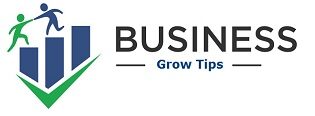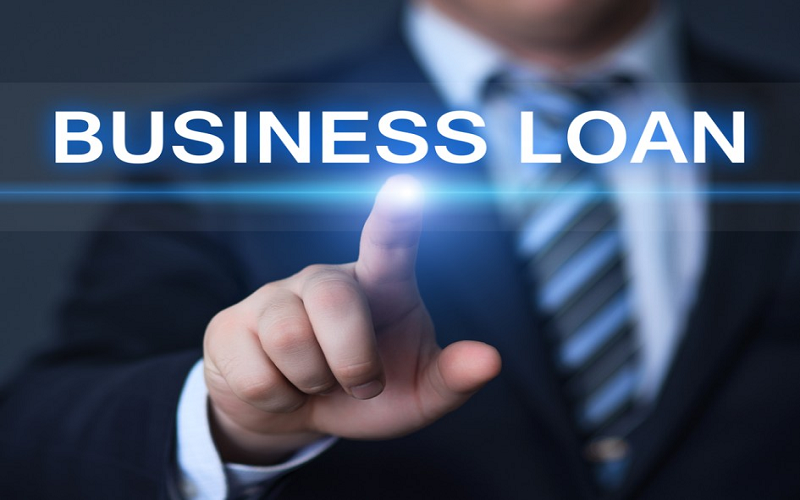Did you know SBA loan programs give over $40 billion a year to small businesses? This huge number shows how important startup SBA loans are for entrepreneurs across the U.S. Last year, people sent in over 10.5 million new business applications, making the field of startup loans very lively.
SBA loans are made for the special needs of small businesses. They offer long payback times and loans that change size depending on what you need. This could be for buying equipment, paying for everyday business, buying real estate, or other needs. Business owners can put down less money at the start. This helps them keep money in their business for daily costs without using up all their cash.
Loans can go up to $5 million and you might get up to 25 years to pay back real estate loans. Having the U.S. government back these loans makes banks more willing to lend money. This is why SBA loans are great for small business funding.
The Benefits of Startup SBA Loans
SBA startup loans are great because they have low interest rates, between 7.75% and 10.25%. This is much better than regular business loan rates. They also have long repayment terms. For real estate, it can be up to 25 years, and up to 10 years for equipment. This gives businesses time to grow.
These loans help with many needs and range from $500 to $5.5 million. For smaller needs, microloans up to $50,000 are available. All types of small businesses can find help.
SBA loans offer competitive terms, which help borrowers. They come with benefits like lower down payments and sometimes no need for collateral. This makes it easier for startups to get the help they need.
Besides money, SBA loans provide support through mentoring and training. Groups like SCORE help entrepreneurs learn how to run a business. This support helps them in more ways than just financially.
SBA loans help the economy by creating jobs and encouraging new ideas. They make the market more dynamic. But, watch out for high rates and fees from some lenders. The SBA warns against rates way higher than others and fees over 5% of the loan.
Entrepreneurs should have their finances and business plans ready for the loan application. It’s important to meet all the criteria to get the loan. Using SBA resources can help make the process smoother.
Eligibility and Requirements for SBA Startup Loans
Getting an SBA loan starts with knowing the eligibility and needed criteria. For an SBA loan, startups must have a detailed business plan, strong credit, and a significant personal investment. With SBA 7(a) loans, amounts can go up to $5 million. Interest rates are capped and usually range from 11.5% to 15%. This shows the need for a solid plan and good credit to qualify.
Your industry experience matters a lot when applying for an SBA loan. The Small Business Administration has updated its guidelines to include more people. This includes those previously limited due to a criminal background. But, those in prison or with a history of government fraud are not eligible. These changes are important for startups wanting to use SBA loans for major funding. In 2023, 25% of SBA microloans, over $25 million, went to startups. This signals strong support for new companies.
SBA loan criteria include specific financial requirements. For example, SBA 504 loans allow for amounts up to $5.5 million. These loans are linked to U.S. Treasury notes, with interest rates about 3%. 40% of the funding comes from Certified Development Companies, and third-party lenders contribute 50%. Startups need to cover 15% of the loan. A good credit score, 690 or above, is needed. For loans over $500,000, a higher score and a DSCR of 1.15 or more are suggested. Meeting these criteria makes your startup a solid pick for an SBA loan. Learn more about SBA loans and check your eligibility with no cost at Loanbud.com.

